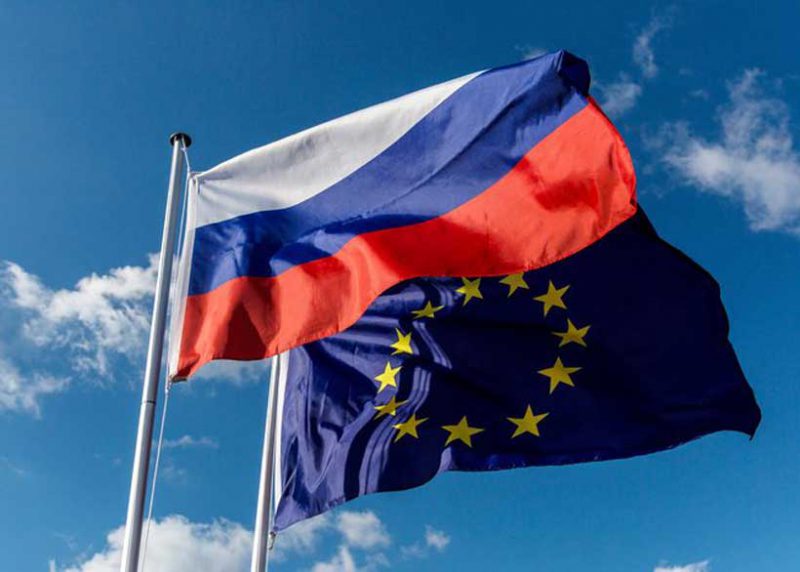The European Commission (EU) has adopted another set of crypto sanctions on Russia, adding to a series of curbs laid out in March following Russia’s invasion of Ukraine.
The latest measures included a prohibition on providing high-value crypto-asset services to Russia while also extending prohibitions placed on deposits to Russian crypto-wallets. As per the official statement, the new rules contributed to closing any potential loopholes that arose from earlier sanctions.
Joining the likes of the United States, Canada, Japan, and other countries that have condemned the military abuse in Ukraine, the European Union laid out its own set of crypto sanctions in March to negate any potential aid Russia could receive through Bitcoin and other digital assets.
However, many analysts feared that the curbs would give rise to certain ‘loopholes’ which must also be addressed by the EU. Recently, Markus Ferber, a member of the European Parliament told Reuters that there could be ways to circumvent the EU’s latest authority on Russia. These concerns stemmed from the reluctance of some crypto exchanges to transfer out of Russia after the initial restrictions were in place.
At the time, an EU official added, “We will examine whether the risks of circumvention are substantial and stand ready to adopt additional measures to limit any circumvention risks”
The relationship between the two regions’ has remained rocky ever since Russia’s annexation of Crimea threatened to disrupt the EU-Russia strategic partnership. Nevertheless, the EU’s impact on Russia continues to be significant. In 2020, the EU was Russia’s largest trade partner, accounting for 37% of the country’s total trade in goods with the world.
Although public records do not explicitly indicate the amount of crypto transferred from the EU to Russia, Russian crypto transactions have spiked during the war, begging the question of whether Russian elitists were using digital assets to evade sanctions. A significant chunk of these transfers might have been routed from Europe, which homes the world’s largest crypto economy as per data collector Chainalysis.





